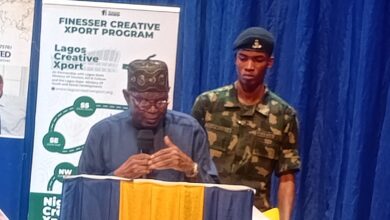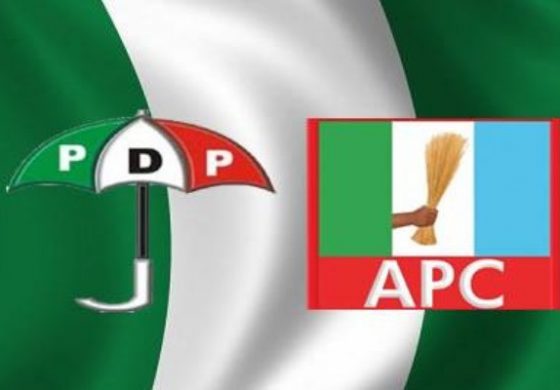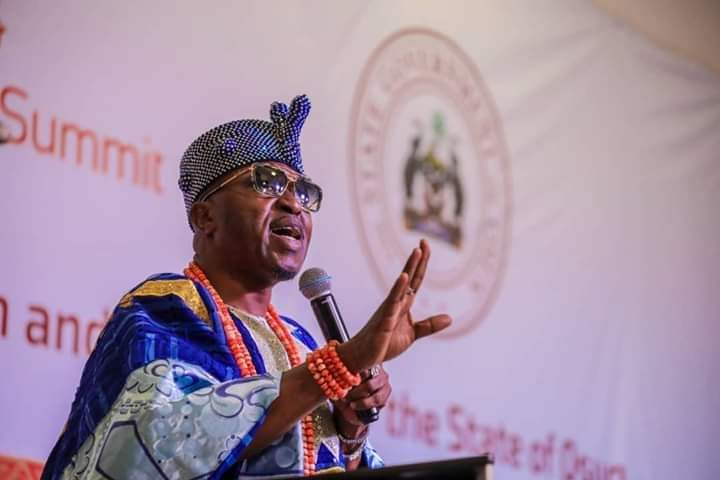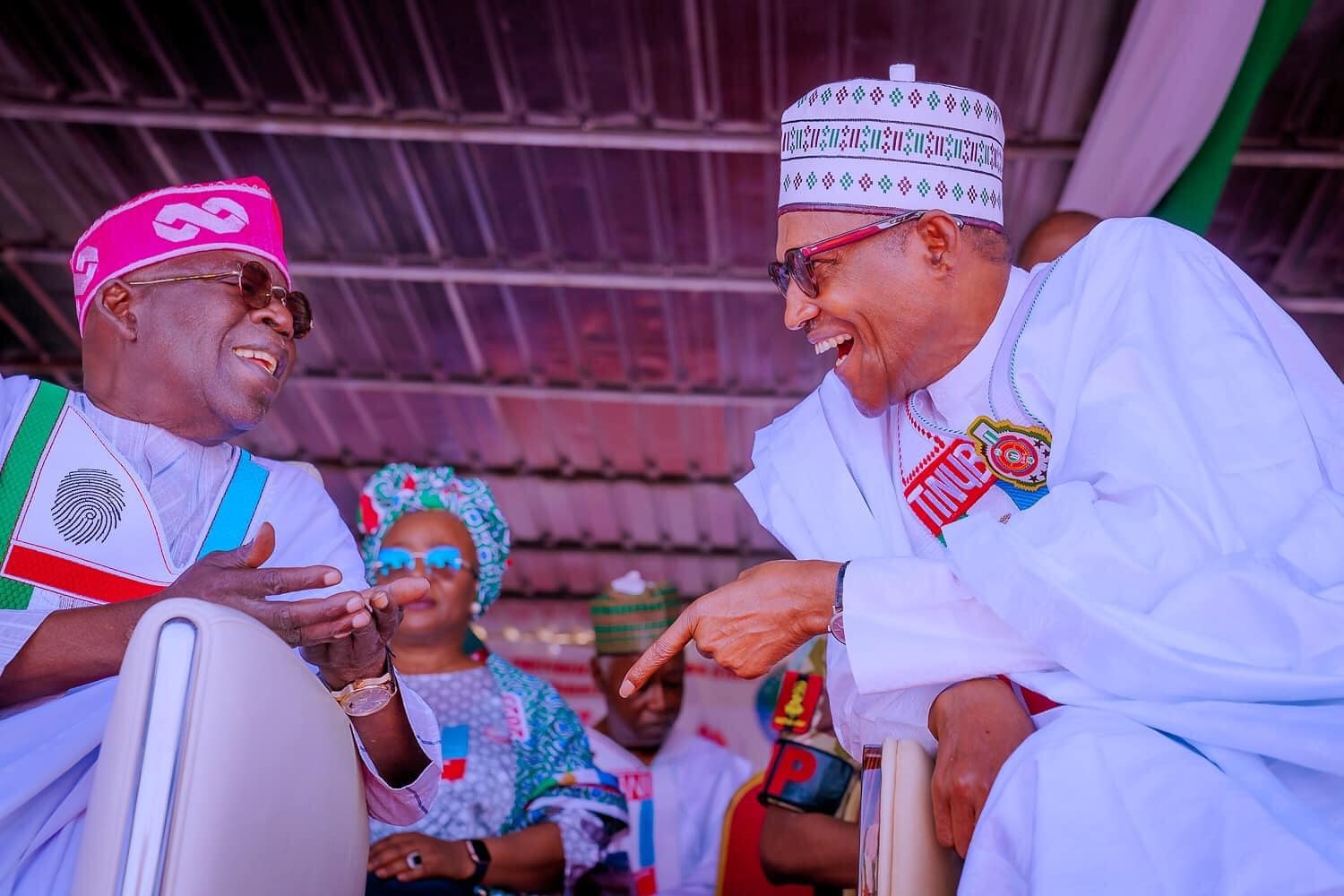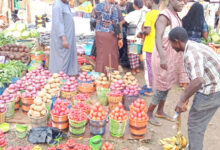Nigeria may re-introduce telecom tax to obtain new $750m World Bank loan
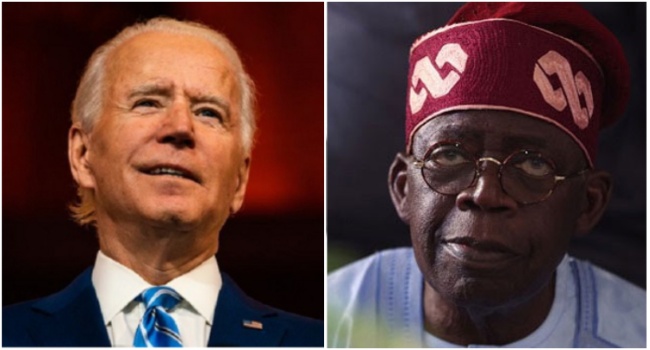
Nigeria may reinstate a previously suspended telecom tax and other fiscal measures as it seeks to secure a new $750 million loan from the World Bank, as per Nairametrics report.
This is according to the Stakeholder Engagement Plan for Nigeria – Accelerating Resource Mobilisation Reforms (ARMOR) P-For-R (P177308) program dated March 2024, between Nigeria and the World Bank.
A copy of the plan’s document was obtained and seen by Nairametrics suggest the government reintroduces the excises on telecom services, EMT levy on electronic money transfers through the Nigerian Banking System among other taxes.
President Bola Tinubu in July 2023 ordered the suspension of the 5% excise duty on telecommunications and the Import Tax Adjustment levy on certain vehicles.
However, it appears that this suspension may be lifted to meet the program targets for a new, yet-to-be-approved World Bank loan.
Nairametrics has confirmed that negotiations are ongoing between the Federal Government and the World Bank.
The program’s development objective is to strengthen the government’s financial position by enhancing its capacity to manage and mobilize domestic resources effectively, which includes improving tax and customs compliance and protecting oil revenues.
Affected stakeholders and sectors
The planned tax reforms under the ARMOR program are expected to have significant implications across various economic sectors.
According to the plan, affected stakeholders will include manufacturers of goods such as alcoholic beverages, tobacco products, and sugar-sweetened beverages (SSBs), telecom and banking service providers, as well as the general tax-paying public.
Importers and international traders will also feel the impact of these new fiscal policies.
Key industry groups such as the Association of Licensed Telecom Operators of Nigeria (ALTON) are engaged regarding the excise duties on telecom services.
The banking sector, represented by the Committee of Bankers, are engaged regarding the introduction of an Electronic Money Transfer (EMT) levy on transactions processed through Nigerian banks.
Additionally, the Manufacturers Association of Nigeria (MAN) will play a crucial role, particularly for those involved in producing targeted products such as tobacco and alcoholic beverages.
The plan document read:
“Domestic Revenue Mobilisation drive in the government ARMOR program seeks to increase revenue on some targeted industries and sectors of the economy. Specific groups and agencies within affected sectors include
“1. Association of Licensed Telecom Operators of Nigeria: The introduction of excises on telecom services requires that all telcos are mobilised to fully participate in the collection of such revenue.
“2. Committee of Bankers: Introduction of EMT levy on electronic money transfers through the Nigerian Banking System would need the buy-in all banking institutions
“3. Manufacturer’s Association of Nigeria: Manufacturers of tobacco products, sugar sweetened beverages(SSBs) and alcoholic beverages who would be required to collect excises on their products are critical stakeholders for the introduction of the new excise regime. They are currently organised into various sectoral groups under the Manufacturer’s Association of Nigeria (MAN). Producers of alcoholic beverages organised under the Distillers and Blenders Association of Nigeria also need to key into the reforms
“4. Importers: Strategic partners involved in importation of different items into the country will be mobilised to participate in the ARMOR program. A key stakeholder group is the Association of Nigeria Customs Agents (ANCLA).
“5. Vehicle Importers and Manufacturers: Stakeholders in the automobile trade industry must be engaged on reforms involving the introduction of green taxes on high GHG emission vehicles. Local manufacturing and assembly of vehicles is growing through a phase of growth in Nigeria. The demand for vehicles is mostly met through importation by vehicle importers under the aegis of Association of Motor Dealers of Nigeria (AMDON).”
The document also emphasized the importance of engaging vulnerable groups to ensure they are not disproportionately affected by these changes.
It also said:
“Services that will be subjected to the newly introduced excises are regulated by key public sector agencies. The introduction of the new revenue measures will require the application of existing regulatory mechanisms available within these institutions. The concerned institutions include
“1. Nigerian Communication Commission
“2. Central Bank of Nigeria.
“There are also agencies with the mandate for making policies on some of the issues covered in the ARMOR program with respect to policy framework on matters of public interest in Health and Environmental Protection. The government institutions relevant to ARMOR in this regard are.
“1. Federal Ministry of Environment
“2. National Environmental Standards Regulatory and Enforcement Agency (NESREA)
“3. Federal Ministry of Health”


